Filter by
SubjectRequired
LanguageRequired
The language used throughout the course, in both instruction and assessments.
Learning ProductRequired
LevelRequired
DurationRequired
SkillsRequired
SubtitlesRequired
EducatorRequired
Results for "patient flow"
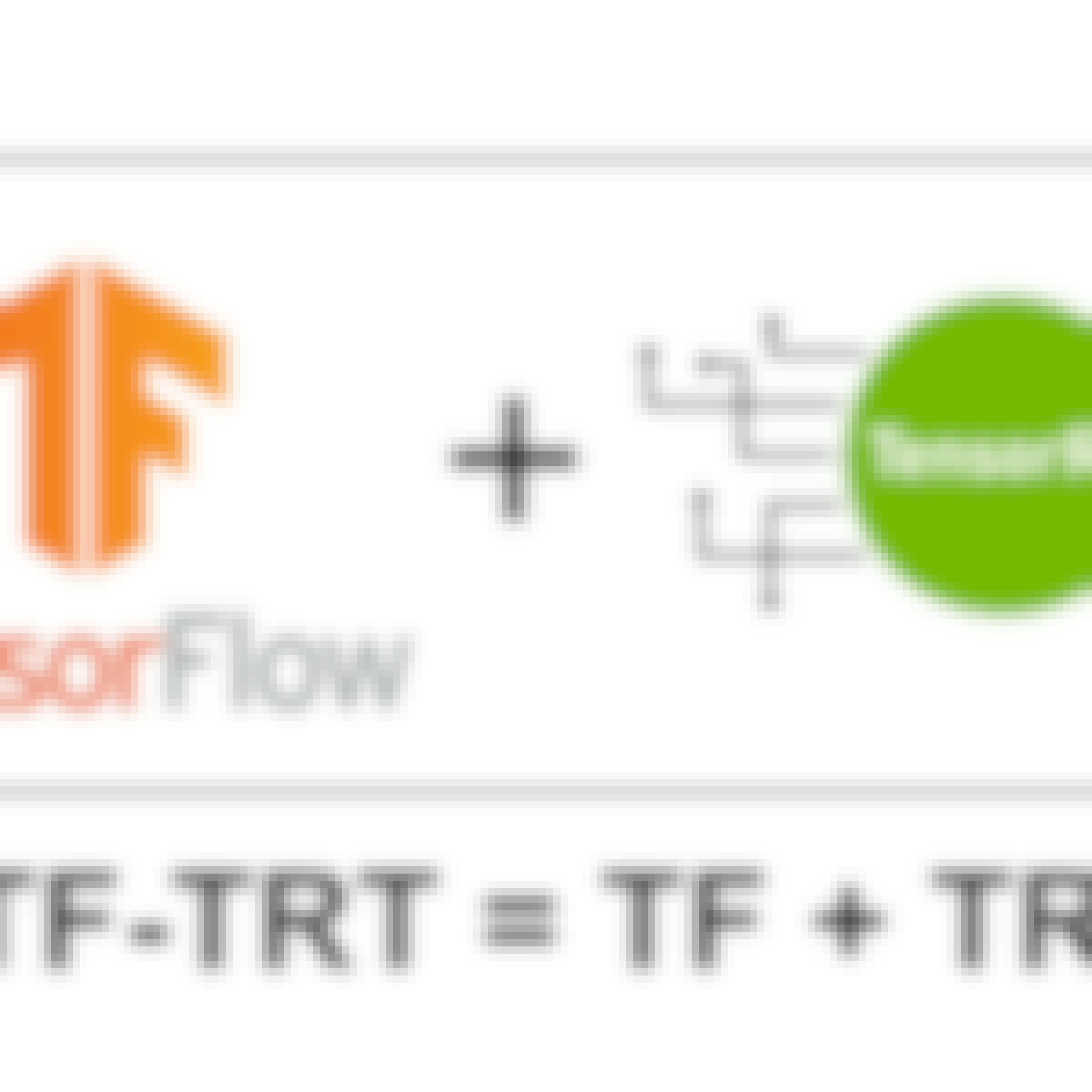
Coursera Project Network
Skills you'll gain: Keras (Neural Network Library), Tensorflow, Deep Learning, Performance Tuning, Performance Testing

University of London
Skills you'll gain: C++ (Programming Language), Object Oriented Programming (OOP), Computer Programming, Debugging, Test Data, Algorithms, Statistical Programming, Development Testing, Data Structures, Transaction Processing
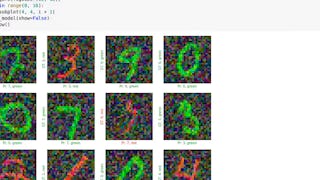
Coursera Project Network
Skills you'll gain: Keras (Neural Network Library), Tensorflow, Applied Machine Learning, Deep Learning, Artificial Neural Networks, Image Analysis

Tecnológico de Monterrey
Skills you'll gain: Patient Safety, Clinical Leadership, Medical Management, Nursing Management, Care Coordination, Patient Education and Support, Continuous Quality Improvement (CQI), Patient Treatment, Collaboration, Professional Development, Lifelong Learning, Teamwork, Communication

University of London
Skills you'll gain: C++ (Programming Language), Object Oriented Programming (OOP), Object Oriented Design, Programming Principles, Computer Programming, Data Structures, Debugging

Google Cloud
Skills you'll gain: Google Cloud Platform, Applied Machine Learning, Tensorflow, Artificial Intelligence and Machine Learning (AI/ML), Machine Learning, PyTorch (Machine Learning Library), MLOps (Machine Learning Operations), Big Data, Jupyter, Data Ethics, Cloud Computing, Natural Language Processing
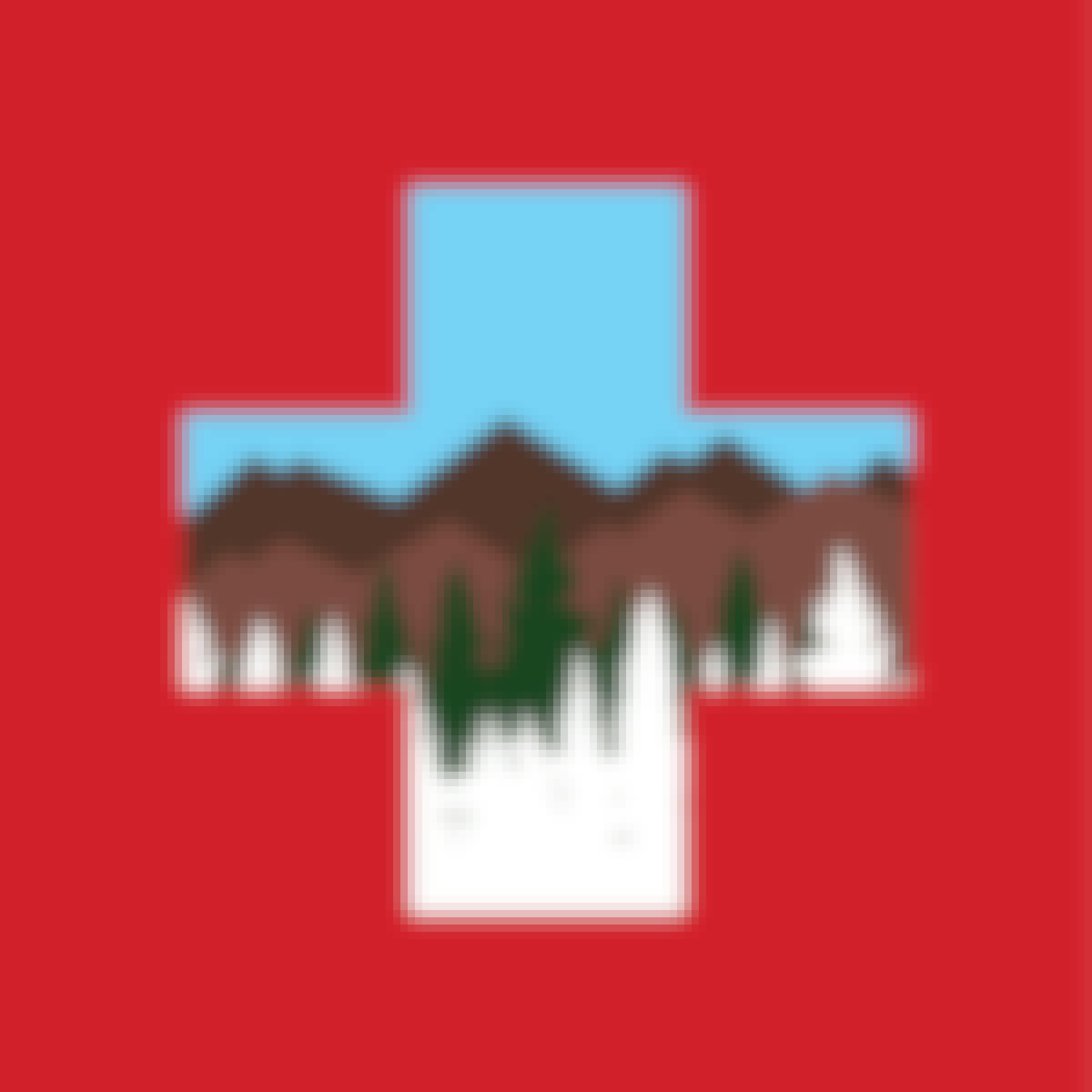
University of Colorado System
Skills you'll gain: Splinting, Trauma Care, Emergency Medicine, First Aid, Injury Prevention, Triage, Patient Safety, Emergency Response, Patient Treatment, Health Assessment, Vital Signs
 Status: New
Status: NewSkills you'll gain: Generative AI, Artificial Intelligence and Machine Learning (AI/ML), Applied Machine Learning, Data Ethics, Artificial Intelligence, Machine Learning Methods, Scalability, Machine Learning, Distributed Computing, Tensorflow, Deep Learning, MLOps (Machine Learning Operations), Ethical Standards And Conduct, Capacity Management, Microsoft Azure, Information Privacy
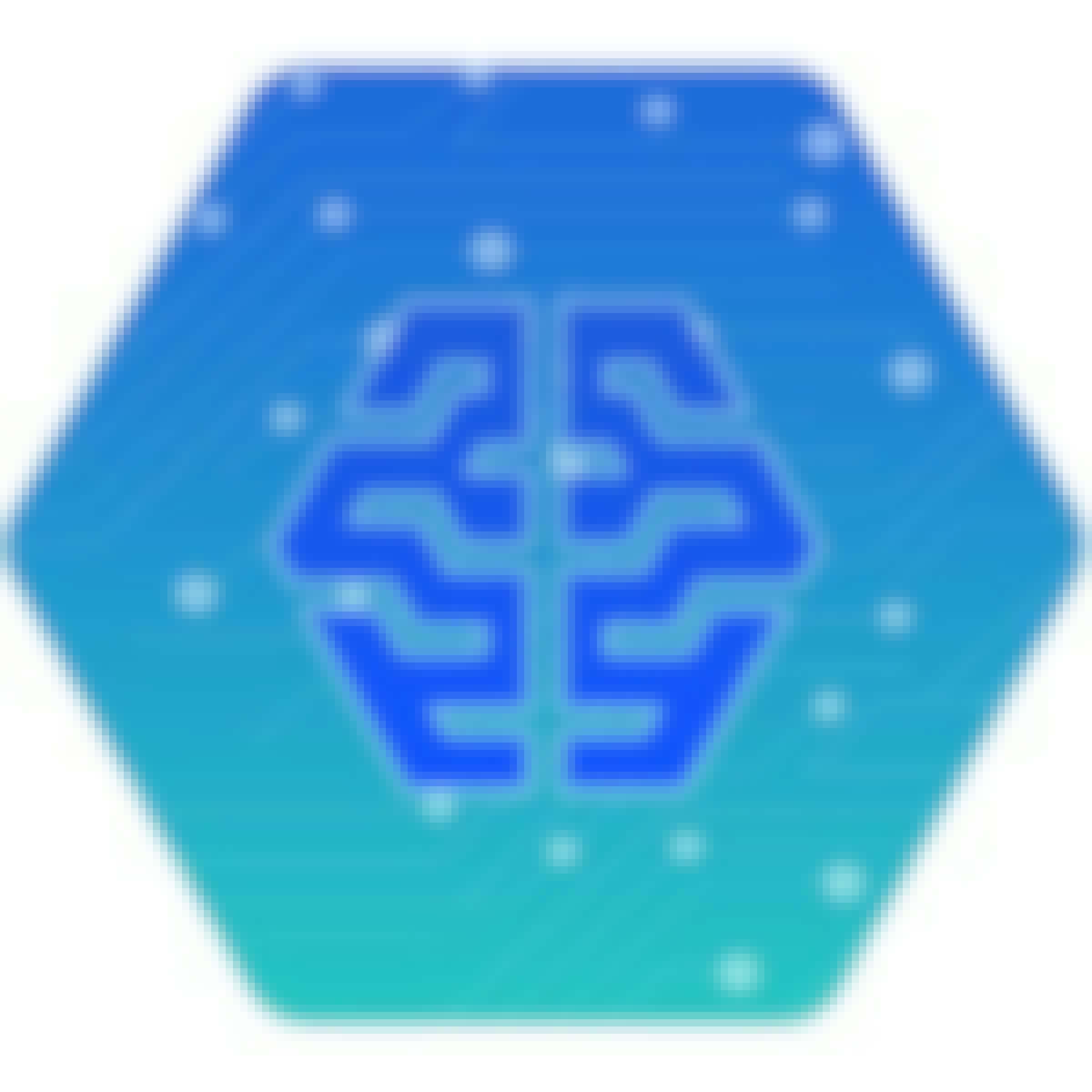
Google Cloud
Skills you'll gain: Data Pipelines, Dataflow, Google Cloud Platform, Extract, Transform, Load, Data Processing, Data Transformation, Serverless Computing, Data Integration, Big Data, Apache Spark, Apache Hadoop, Cloud Storage
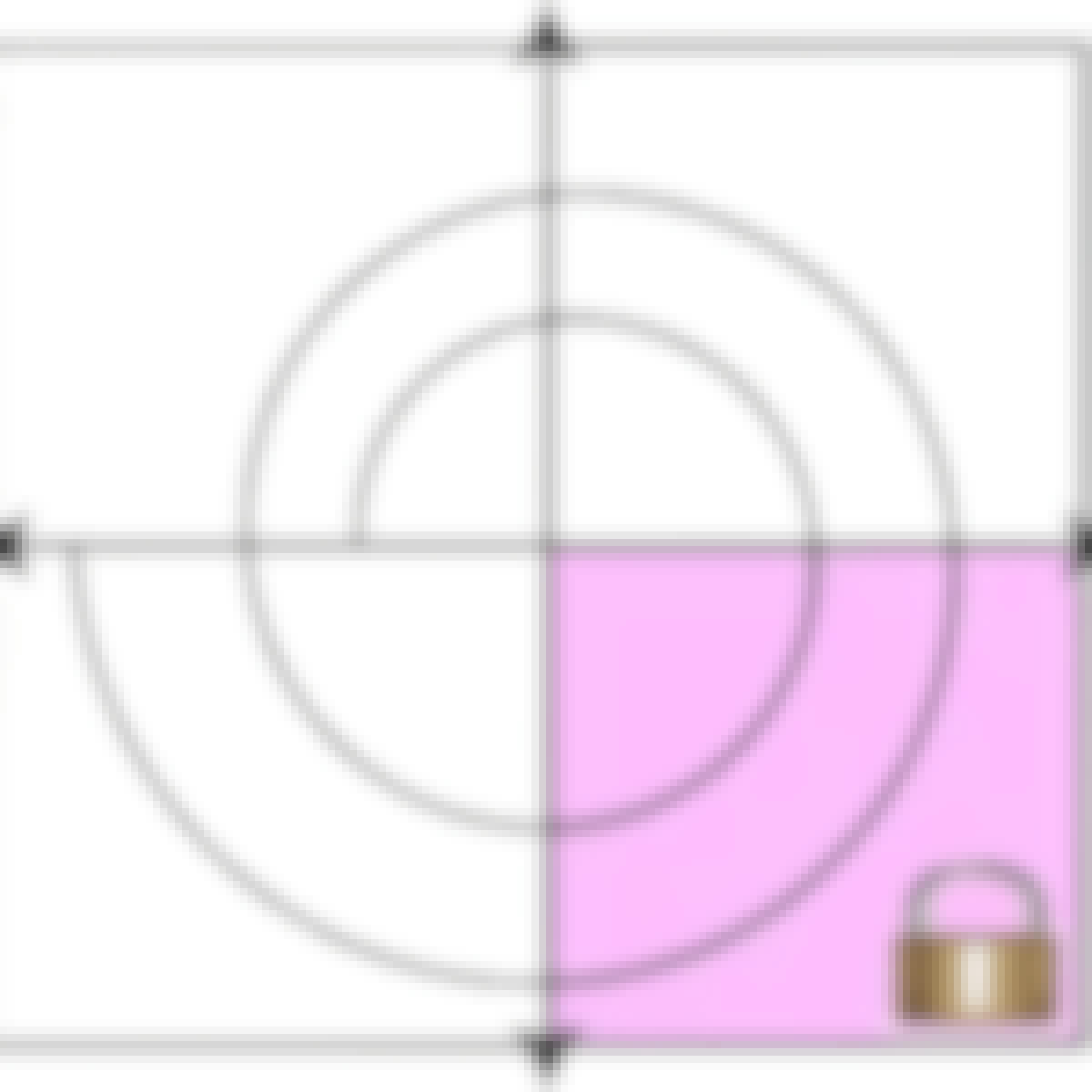
University of Colorado System
Skills you'll gain: Software Design Documents, Functional Requirement, Software Documentation, Unified Modeling Language, Requirements Analysis, System Requirements, Technical Documentation, Data Modeling, Software Visualization, Dataflow
 Status: Free
Status: FreePeking University
Skills you'll gain: Preventative Care, Stress Management, Risk Management, Primary Care, Health Care, Medication Administration, Physical Therapy, Treatment Planning, Patient Education and Support

Skills you'll gain: Regulatory Compliance, Data Management, Healthcare Industry Knowledge, Health Information Management and Medical Records, Health Care, General Data Protection Regulation (GDPR), Data Security, Security Management, Personally Identifiable Information, Information Privacy, Electronic Medical Record, Data Sharing, Cybersecurity, Technical Services, Emerging Technologies, Interoperability
In summary, here are 10 of our most popular patient flow courses
- Optimize TensorFlow Models For Deployment with TensorRT: Coursera Project Network
- Working with Objects in C++: University of London
- Creating Multi Task Models With Keras: Coursera Project Network
- Calidad en la atención clínica: Tecnológico de Monterrey
- Use C++ to build a Crypto Trading Platform: Final System: University of London
- How Google does Machine Learning 日本語版: Google Cloud
- Wilderness First Aid - Traumatic Emergencies: University of Colorado System
- Advanced AI and Machine Learning Techniques and Capstone: Microsoft
- Building Batch Data Pipelines on GCP 日本語版: Google Cloud
- SRS Documents: Requirements and Diagrammatic Notations: University of Colorado System










